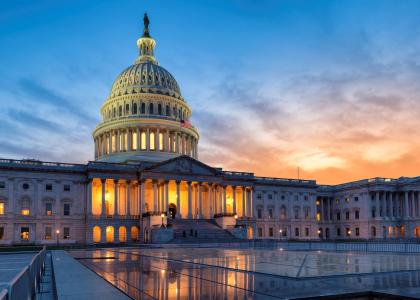Energy efficiency is widely perceived to be cost-effective, and is frequently portrayed as the lowest-cost utility resource available. Many U.S. states are currently establishing aggressive energy efficiency goals that are likely to require significant increases in funding. The success of these programs relies in part on the assurance that programs are indeed being run cost-effectively.
In 2004, ACEEE reviewed the cost-effectiveness results from nine leading states. On the costs of “saving” kilowatt-hours (kWh) through utility ratepayer-funded energy efficiency programs, the reported utility costs of saved energy (CSE) ranged from $0.023 to $0.044 per kWh (with a median value of 3.0 cents/kWh).
This report updates and expands that assessment, and finds that the energy efficiency programs from recent years in 14 states have utility CSEs ranging from $0.016 to $0.033 per kWh, with an average cost of $0.025 per kWh. The six natural gas efficiency programs covered in this report also saved energy cost-effectively – spending $0.27 to $0.55 per therm, with an average of $0.37 per therm.
At these costs of saved energy (CSE), energy efficiency is by far the least costly energy resource option available for utility resource portfolios. Saving a kilowatt-hour through energy efficiency improvements is easily one-third or less the cost of any new source of electricity supply, whether conventional fossil fuel or renewable energy source. In addition, the results of this research suggest that the cost of energy efficiency has remained very consistent across states and over time. Given these strong results, and the many other environmental and job creation benefits, we are not surprised to see states supporting the creation and expansion of energy efficiency programs, and increasingly viewing energy efficiency as their “first fuel” of choice.




